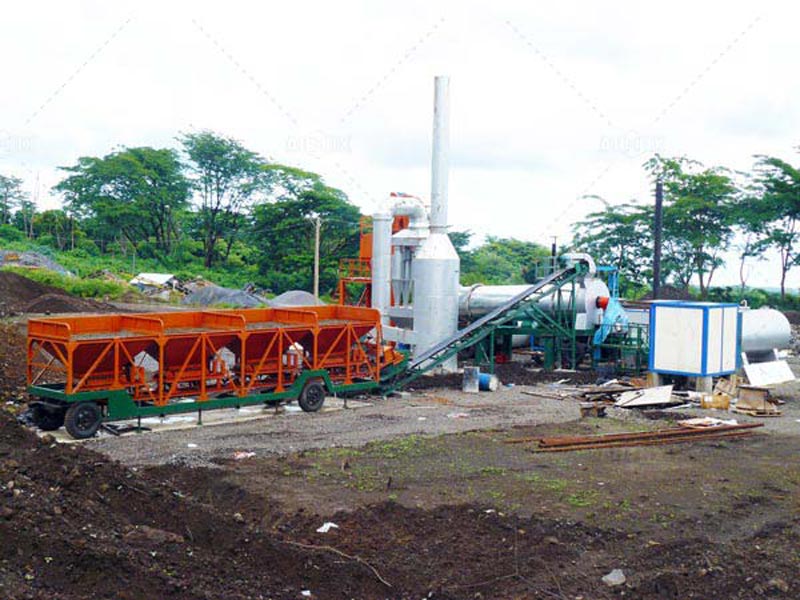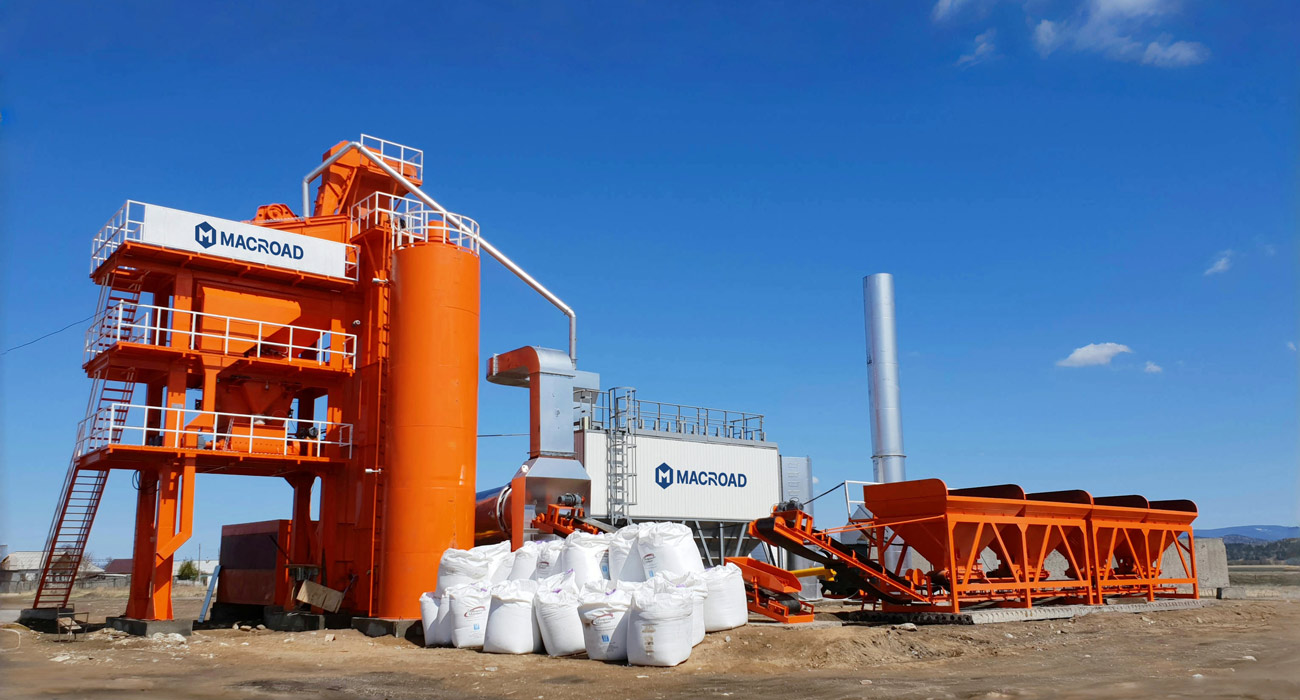As extreme weather events become more frequent and severe, customers must evaluate the production guarantee ability of asphalt mixing plants to ensure consistent and high-quality output. Understanding how these plants can adapt to challenging conditions is crucial for maintaining project timelines and quality standards. This article explores key factors customers should consider when assessing asphalt mixing plants' capabilities in response to extreme weather, focusing on user-centric insights that enhance decision-making.

Assessing Equipment Durability and Technology
One of the primary factors in evaluating an asphalt mixing plant's production guarantee ability during extreme weather is the durability of its equipment. Customers should inquire about the construction and materials used in the plant's machinery, as well as its ability to withstand harsh conditions like heavy rain, extreme heat, or cold temperatures. For example, modern fixed asphalt mixing plants often incorporate advanced technologies that enhance their resilience in adverse weather conditions.
Additionally, customers should consider whether the asphalt mixing plant utilizes automated systems for monitoring and control. Advanced technology can help ensure that the production process remains stable despite fluctuations in temperature or humidity. For instance, mobile asphalt mixing plants equipped with real-time monitoring systems can adjust the mixing parameters dynamically, maintaining consistent quality even in challenging weather.
Furthermore, customers should ask about the plant's historical performance during extreme weather events. An asphalt plant in the Philippines, for example, should have a track record of successfully operating under local climate conditions, demonstrating its ability to deliver reliable asphalt mixes regardless of external factors.

Understanding Production Flexibility
Another critical aspect of evaluating an asphalt mixing plant's response to extreme weather is its production flexibility. Customers should assess the plant's capacity to modify its production processes based on weather conditions. For instance, some plants may be equipped to produce cold mix asphalt, which can be beneficial during rainy seasons when traditional hot mix asphalt is less effective.
Customers should also inquire about the plant's ability to scale production up or down quickly. In regions prone to extreme weather, having the flexibility to adjust production schedules can help ensure that projects remain on track. This adaptability is particularly important for customers involved in large infrastructure projects, where timelines can be significantly impacted by weather-related delays.
Additionally, customers should discuss potential contingency plans with asphalt plant suppliers. Knowing that the plant has strategies in place to address unexpected weather conditions can provide peace of mind and minimize the risk of production interruptions.

Evaluating Supplier Support and Communication
Effective communication and support from asphalt plant suppliers are essential when evaluating their production guarantee ability during extreme weather. Customers should establish clear lines of communication with suppliers to discuss their specific needs and concerns related to weather impacts. This dialogue can help ensure that both parties are aligned on expectations and capabilities.
Moreover, customers should seek suppliers who provide comprehensive support services, including technical assistance and training for their teams. This support can be invaluable during extreme weather conditions, as it ensures that the production process remains efficient and effective despite challenges. Suppliers that prioritize customer training on equipment operation and maintenance can help mitigate risks associated with adverse weather.
Finally, customers should assess the responsiveness of suppliers during extreme weather events. A reliable asphalt mixing plant supplier will be proactive in communicating any potential issues and providing timely updates on production capabilities. This level of transparency can foster trust and confidence in the supplier's ability to deliver quality asphalt even in challenging conditions.

Conclusion
Evaluating the production guarantee ability of asphalt mixing plants in response to extreme weather is crucial for customers seeking reliable and high-quality asphalt. By assessing equipment durability, understanding production flexibility, and evaluating supplier support, customers can make informed decisions that enhance their project's success. As the construction industry faces increasing challenges from climate change, prioritizing these factors will ensure that asphalt mixing plants remain resilient and capable of meeting customer needs, regardless of the weather.
Tags: Asphaltplant Drummixplant Batchmixplant